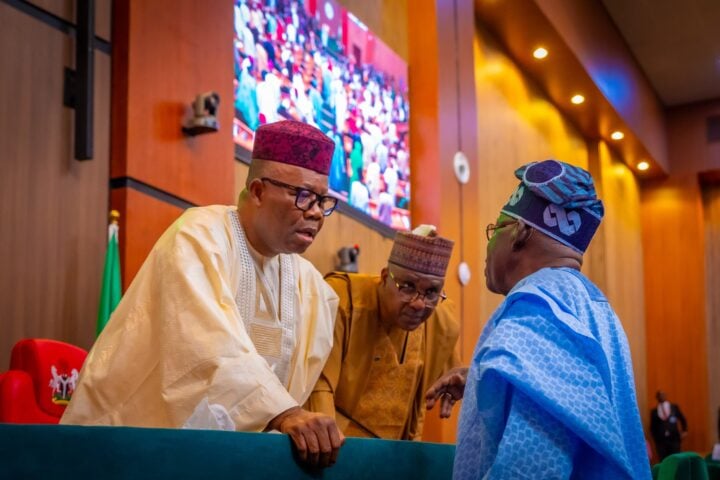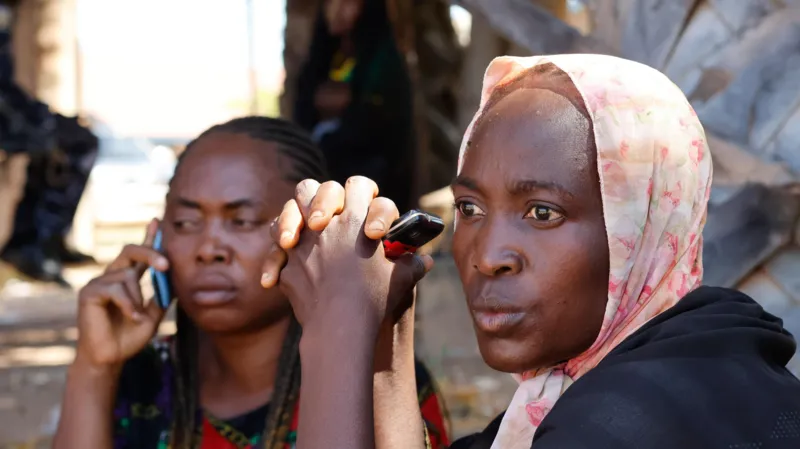The International Monetary Fund (IMF) has released its latest Regional Economic Outlook for Sub-Saharan Africa, identifying several countries as the region’s fastest-growing economies — but Nigeria is not among them.
Countries such as Benin, Côte d’Ivoire, Ethiopia, Rwanda, and Uganda were highlighted for their impressive growth prospects. Nigeria, despite recent improvements in its economic outlook, was notably absent from this list. According to the IMF, Nigeria’s growth forecast for 2025 is projected at around 3.9%, while the regional average is expected to stabilize at 4.1%.
Why Nigeria Was Excluded
1. Structural Constraints
Nigeria remains Africa’s largest economy by GDP, but it continues to grapple with deep-rooted structural issues. Heavy reliance on oil revenue, inadequate economic diversification, poor infrastructure, and governance challenges have limited its growth momentum.
2. Macroeconomic Headwinds
Persistent inflation, exchange rate volatility, unreliable power supply, and a challenging business environment continue to weigh on productivity and overall economic performance.
3. Growth Below Potential
The IMF noted that while Nigeria’s growth is improving, it remains below potential compared to the country’s size, resources, and population. In other words, Nigeria is not growing as fast as it could if structural and policy challenges were addressed more decisively.
4. Stronger Performance by Peers
Other African economies have moved ahead by implementing bold reforms, improving fiscal and monetary management, diversifying their exports, and creating a more favorable investment climate. These efforts have translated into higher and more sustainable growth rates.
Implications of the Exclusion
Policy Pressure:
Nigeria’s absence from the list could increase pressure on policymakers to deepen economic reforms. This includes diversifying away from oil, boosting domestic revenue, and improving infrastructure and governance.
Investor Sentiment:
Rankings such as these often influence investor confidence. Nigeria’s omission might signal to investors that the country still faces significant hurdles to achieving high and sustained growth.
Benchmark for Reforms:
The countries that made the list can serve as a benchmark. By studying their reform strategies, Nigeria can learn valuable lessons to accelerate its own economic transformation.
The Road Ahead
For Nigeria to regain its position among the fastest-growing economies in Sub-Saharan Africa, several actions will be crucial:
- Strengthening non-oil sectors like agriculture, manufacturing, and services
- Stabilizing the macroeconomic environment to reduce inflation and exchange rate uncertainty
- Improving infrastructure, particularly power and transport
- Enhancing ease of doing business to attract more local and foreign investment
- Building stronger institutions and ensuring policy consistency
Conclusion
Nigeria’s exclusion from the IMF’s list of the fastest-growing economies serves as a wake-up call. While the country has significant economic potential, that potential remains underutilized. By accelerating reforms and creating a more stable and diversified economy, Nigeria can position itself to return to the ranks of Africa’s top performers in the coming years.

















